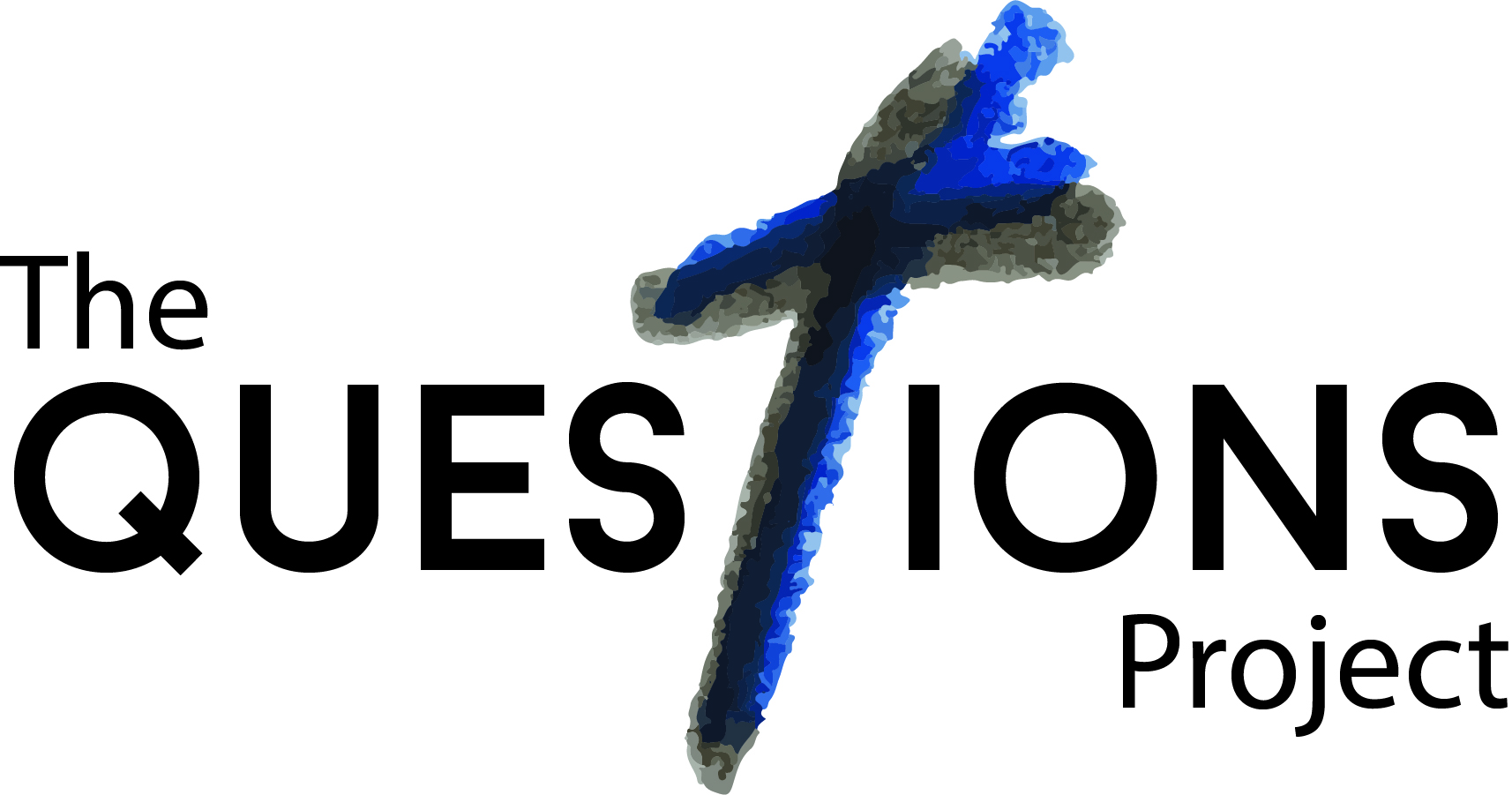Don’t you find it annoying when people try to cheer you up? When they jump over the negatives and instantly offer soothing platitudes? Many of the people who do this are very nice people. Helpful people. Good people. (You may meet a lot of these folks in church.)
Of course, none of us likes to admit we’re having a rough time. When someone asks “how are you?” the answer in this country is standard: “Fine, how are you?” It’s great to say “fine” when we actually are fine. But sometimes we’re not fine. But we say we are anyways.
I think this Thanksgiving is one of those times.
This nine months of COVID has taken away so much—it has left no life untouched. Some have suffered directly, perhaps lost loved ones to the virus; lost their jobs or businesses; lost opportunities for gathering and joy and community. And then there are those for whom COVID has immeasurably sharpened their pain—those who are already facing griefs and struggles and who now face limits on human contact with those who might heal their spirits, or young people who have lost out on standard rites of passage, like graduations and proms and weddings, events they will never get back.
In one parish where I served they had a tradition they called “the thanksgiving basket.” It was a basket that was passed from hand to hand each week. Anyone who wanted could put in some pocket change or a dollar bill and offer up a word of gratitude. From week to week you would hear many of the things you’d expect to hear—gratitude for a wedding anniversary, the birth of a child, a new job, recovery from illness. But, every now and again, someone would put something in the basket and offer deep words of grief. The only thanks the person could muster was words of gratitude for having a place to bring their grief, a community of people who was willing to hear them voice their pain out loud.
You can’t get to gratitude and hope without passing honestly through the loss and grief of this life. This is a deep, unavoidable, spiritual truth. We put cheerful quotations from the Bible on t-shirts and coffee mugs and pillows and wall plaques. But the Bible is full of suffering and anger and pain, too. In fact, the Judeo-Christian tradition offers an entire category of prayer called “lament”—a clear, loud articulation of suffering and complaint to God.
Real thanksgivings, the ones that come from deep in our hearts–not the platitudes and formulas we trot out on Facebook– come after lament. Gratitude comes after the pain and losses of living have sharpened our awareness of what is good and true and holy. A faithful life demands a tenacious commitment to the fullness of our lives, a willingness to speak honestly in community with others and with God. This Thanksgiving, may there be no platitudes—an insult to the shared experience of 2020. Instead, let us honor God and one another this Thanksgiving with truthful reflections on this shared human life, full of vulnerability and pain and grace. If we’re honest, there are things in our lives we are not thankful for. But if we’re honest, there are profound, deep blessings, too, even now.
Wishing you a heartfelt, truthful day of gratitude and lament.
